Ever wonder why your grocery bill seems higher one month, or why job postings suddenly flood your feed? The answer often lies in the economy. While economic news can feel distant and abstract, it shapes nearly every aspect of your daily routine—from what you pay at the pump to whether you can afford that dream vacation.
Understanding how economic forces work doesn’t require a degree in finance. With a few key concepts, you can see the connections between national trends and your personal budget. This guide breaks down the most important economic indicators and shows you exactly how they ripple through your life, plus practical strategies to stay ahead of the curve in 2025.
Understanding Key Economic Indicators
Economic indicators are like the vital signs of a country’s financial health. Just as doctors monitor heart rate and blood pressure, economists track certain metrics to gauge how well an economy is performing.
What GDP Tells Us
Gross Domestic Product (GDP) measures the total value of goods and services produced in a country. When GDP grows, it typically signals a thriving economy with more jobs and opportunities. A shrinking GDP often means businesses are slowing down, which can lead to layoffs and reduced consumer confidence.
For you, GDP growth usually translates to better job security and potential wage increases. During periods of strong GDP, companies expand and invest in new projects. When GDP contracts, you might notice hiring freezes or budget cuts at your workplace.
The Real Cost of Inflation
Inflation measures how quickly prices rise over time. A moderate inflation rate (around 2-3% annually) is considered healthy. But when inflation spikes, your purchasing power decreases—meaning your dollar buys less than it did before.
In 2025, inflation continues to affect everything from eggs to electricity. You’ve probably noticed it when filling your gas tank or shopping for groceries. Even small increases compound over time, making budgeting more challenging for families already stretched thin.
Unemployment Rates Matter More Than You Think
The unemployment rate shows the percentage of people actively looking for work but unable to find it. Low unemployment generally means more competition for workers, which can push wages up. High unemployment often leads to stagnant wages as employers have plenty of applicants to choose from.
This indicator affects you whether you’re employed or not. If you’re job hunting, a low unemployment rate works in your favor. If you’re employed, it can strengthen your negotiating position for raises or better benefits.
Impact on Personal Finances
Economic conditions directly influence your ability to earn, save, and grow your wealth.
Employment and Career Prospects
During economic expansions, companies hire aggressively and offer competitive salaries to attract talent. You might receive multiple job offers or find it easier to switch careers. Recessions flip this dynamic—layoffs increase, and companies become more selective about who they hire.
In 2025, many industries are experiencing shifts due to automation and remote work trends. Tech jobs remain competitive, while traditional retail and manufacturing face ongoing challenges. Staying adaptable and continuously updating your skills can help you weather economic uncertainty.
Wages and Salary Growth
Your paycheck doesn’t exist in a vacuum. When the economy booms, employers often raise wages to retain employees. During downturns, salary increases become rare, and some workers even accept pay cuts to keep their positions.
Cost-of-living adjustments don’t always keep pace with actual inflation. If your salary increased by 3% but inflation ran at 5%, you’ve effectively taken a pay cut. Understanding this relationship helps you advocate for fair compensation and plan your finances realistically.
Investment Performance
Stock markets, retirement accounts, and property values all respond to economic conditions. Bull markets create wealth for investors, while bear markets can wipe out years of gains. Interest rates set by central banks affect everything from savings account returns to mortgage rates.
If you’re investing for retirement, economic fluctuations can feel stressful. However, diversification and a long-term perspective help smooth out the bumps. In 2025, many financial advisors recommend balancing traditional investments with inflation-protected securities.
Effects on Consumer Spending
The economy shapes not just how much money you have, but how you choose to spend it.
Changing Shopping Habits
When economic uncertainty rises, consumers typically cut discretionary spending first. Restaurant visits decrease, vacation plans get postponed, and luxury purchases wait. Essential spending on food, housing, and healthcare takes priority.
Retailers respond by offering more promotions and value-oriented products. You’ve probably noticed an increase in store brands and budget-friendly options. These shifts reflect businesses adapting to consumers who’ve become more price-sensitive.
Housing Market Dynamics
Few economic factors affect daily life as dramatically as housing costs. Interest rates directly impact mortgage affordability, while supply and demand determine home prices and rent levels.
In 2025, many markets continue to face housing shortages, keeping prices elevated despite higher interest rates. First-time buyers find themselves priced out, while renters face increasing monthly costs. These pressures force difficult choices about where to live and how much to spend on shelter.
Credit and Debt Management
When interest rates rise, borrowing becomes more expensive. Credit card balances cost more to carry, auto loans increase monthly payments, and student loan refinancing offers fewer benefits. Conversely, savers finally see better returns on deposits and bonds.
The cost of debt directly affects your cash flow. Higher interest payments mean less money available for other expenses or savings. Managing debt strategically becomes even more critical during periods of elevated rates.
Influence on Essential Services
Economic conditions don’t just affect your wallet—they impact the quality and availability of services you depend on.
Healthcare Access and Costs
Medical expenses often rise faster than general inflation. Insurance premiums, deductibles, and out-of-pocket costs continue climbing, squeezing household budgets. During economic downturns, some people delay necessary care due to cost concerns, which can lead to more serious health issues down the road.
Government healthcare programs also face pressure during recessions as more people qualify for assistance while tax revenues decline. This can affect service availability and wait times.
Education Funding and Opportunities
Public schools, universities, and training programs all depend on economic conditions. Strong economies generate higher tax revenues, funding better facilities and programs. Recessions force budget cuts that can increase class sizes, reduce course offerings, and limit extracurricular activities.
Student loan availability and interest rates also fluctuate with economic policy. In 2025, many students face tough decisions about whether higher education remains affordable and worth the investment.
Public Infrastructure and Services
Roads, public transit, parks, and libraries receive funding based on government budgets shaped by economic health. During prosperous times, infrastructure improvements accelerate. Recessions bring maintenance delays and service reductions.
These changes might seem minor until your bus route gets cut or the local pool closes. Public services provide essential support for communities, and their quality directly affects daily life.
Preparing for Economic Changes
You can’t control the economy, but you can control how you respond to it.
Build an Emergency Fund
Financial experts consistently recommend saving three to six months of expenses. This cushion protects you during job loss, medical emergencies, or unexpected repairs. Start small if necessary—even $500 provides a meaningful buffer against minor crises.
High-yield savings accounts in 2025 offer better returns than in previous years, making it easier to grow your emergency fund while maintaining easy access.
Diversify Income Sources
Relying on a single paycheck leaves you vulnerable. Consider developing side income through freelancing, consulting, or passive income streams. Multiple income sources provide security and flexibility when economic conditions shift.
The gig economy offers unprecedented opportunities to monetize skills and hobbies. However, balance the benefits against considerations like inconsistent income and lack of traditional benefits.
Invest in Skills and Education
Economic changes often reward adaptability. Continuously learning new skills makes you more valuable to employers and opens doors to different career paths. Online courses, certifications, and professional development keep you competitive regardless of economic conditions.
Focus on skills that remain relevant across industries—communication, problem-solving, data analysis, and digital literacy provide value in virtually any field.
Practice Smart Spending
Distinguish between needs and wants. Track expenses to identify areas where you can cut back without sacrificing quality of life. Small changes compound over time—brewing coffee at home, comparing insurance rates annually, or negotiating bills can free up hundreds of dollars monthly.
Avoid lifestyle inflation when income increases. Banking raises and bonuses rather than immediately upgrading your lifestyle builds long-term financial security.
Frequently Asked Questions
How does inflation specifically affect my grocery bill?
Inflation increases the cost of producing, transporting, and selling food. When fuel prices rise, transportation costs increase, which gets passed to consumers. Weather events affecting crops, labor shortages, and global supply chain issues also contribute. To combat this, buy generic brands, purchase seasonal produce, use loyalty programs, and reduce food waste.
Should I worry about a recession affecting my job?
Job security during recessions varies by industry. Healthcare, utilities, and government positions typically remain stable, while hospitality, retail, and construction face higher risks. Regardless of your field, maintaining strong performance, building valuable skills, and networking within your industry provide the best protection.
How can I protect my retirement savings during economic downturns?
Diversification remains the primary defense against market volatility. Don’t panic-sell during downturns—historically, markets recover over time. Consider your timeline; if retirement is decades away, short-term fluctuations matter less. If you’re near retirement, gradually shifting toward more conservative investments can protect gains. Consult a financial advisor for personalized guidance based on your specific situation.
What’s the relationship between interest rates and my daily expenses?
Central banks adjust interest rates to manage economic growth and inflation. Higher rates make borrowing more expensive (mortgages, car loans, credit cards) but increase returns on savings accounts and bonds. Lower rates encourage borrowing and spending but reduce savings returns. These changes affect everything from your credit card minimum payment to how quickly your emergency fund grows.
Can I actually do anything to protect myself from economic uncertainty?
Absolutely. While you can’t change macroeconomic forces, you can build personal resilience. Maintain an emergency fund, avoid excessive debt, diversify income and investments, continuously develop marketable skills, and stay informed about economic trends. These actions won’t eliminate economic impacts, but they significantly reduce your vulnerability.
Taking Control of Your Financial Future
The economy will always cycle through ups and downs, but you don’t have to feel helpless against these forces. By understanding key indicators and how they translate to real-life impacts, you’re better equipped to make informed decisions about your career, spending, and savings.
Start with one small change today. Build that emergency fund, negotiate a raise, or learn a new skill. These individual actions create a foundation of financial stability that serves you regardless of economic conditions. The economy affects everyone, but preparation and knowledge help you navigate whatever 2025 brings.

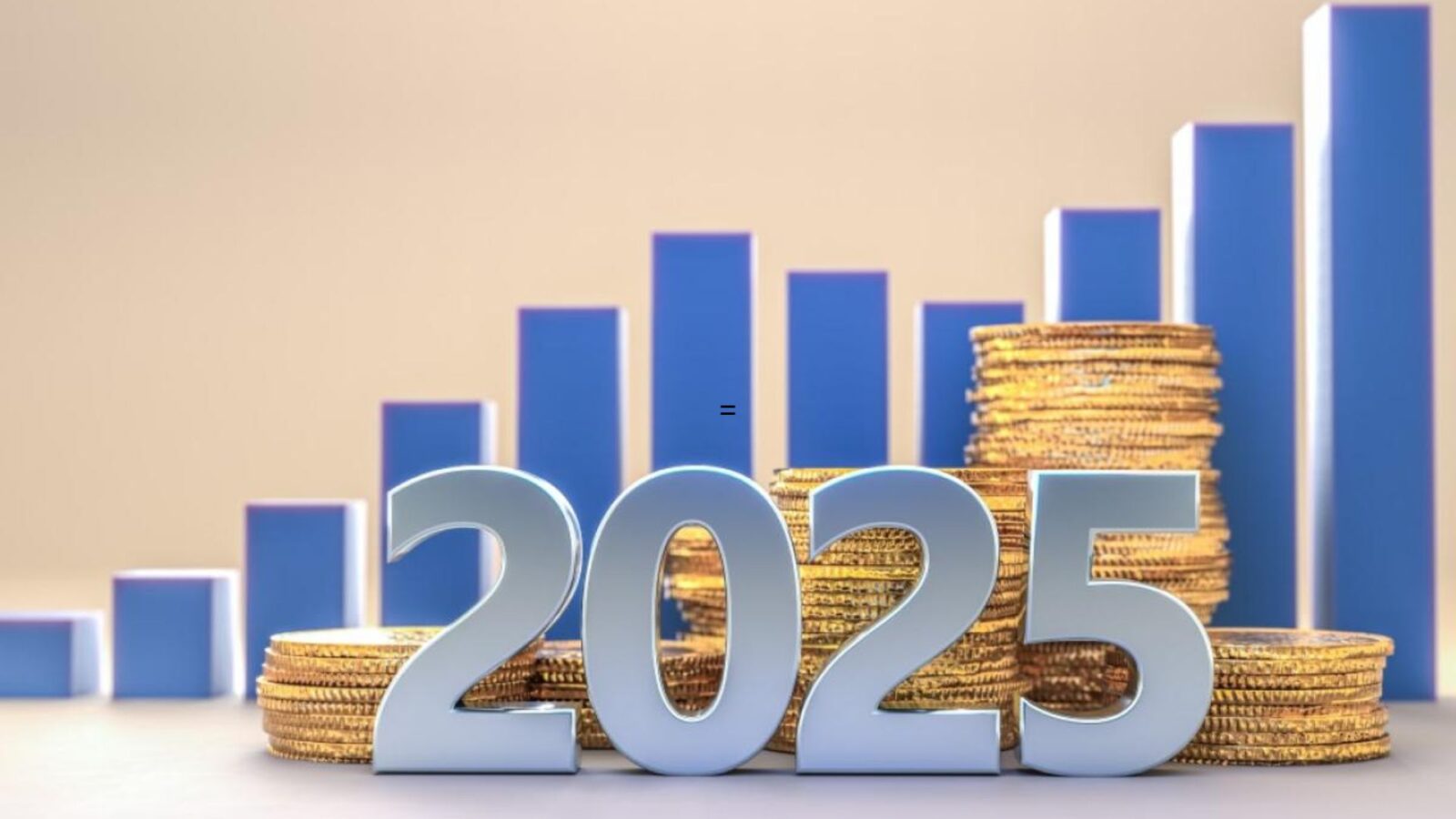
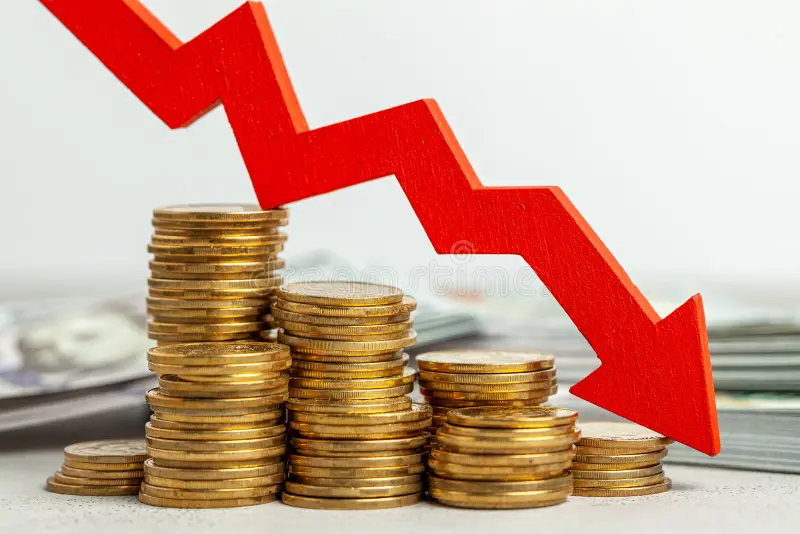
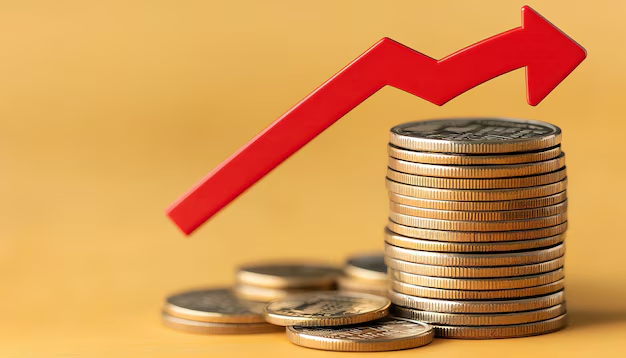
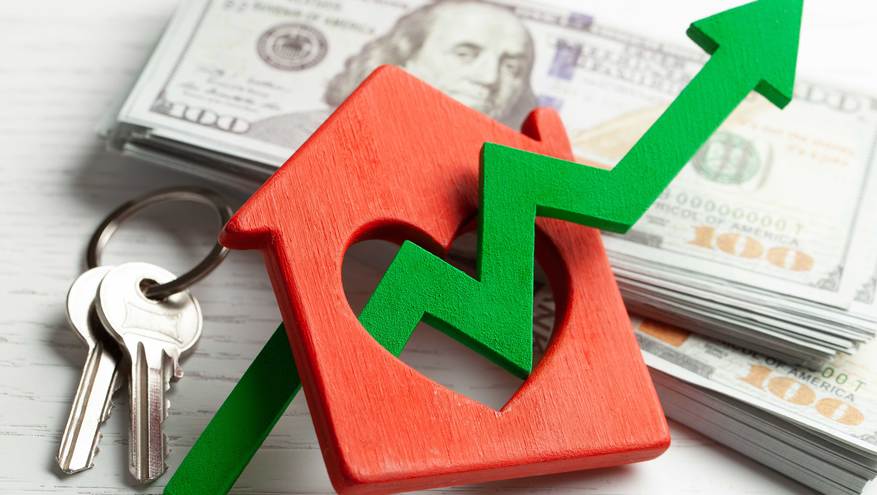
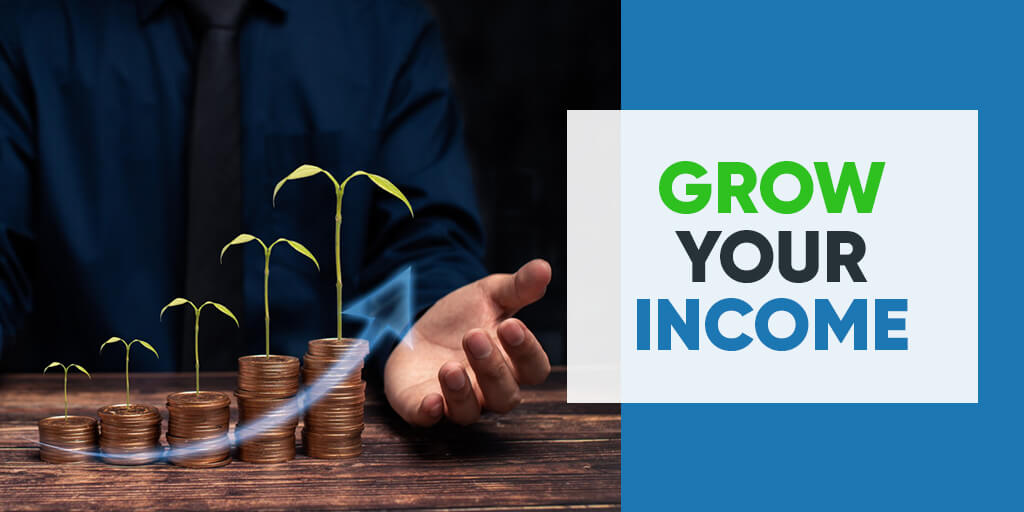
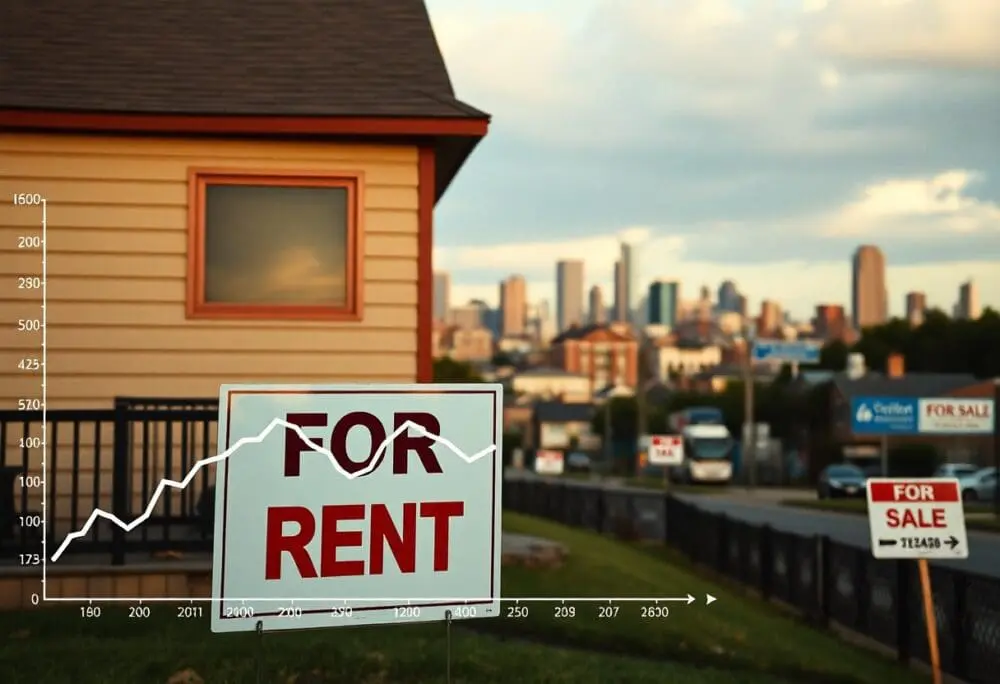
Leave a Reply